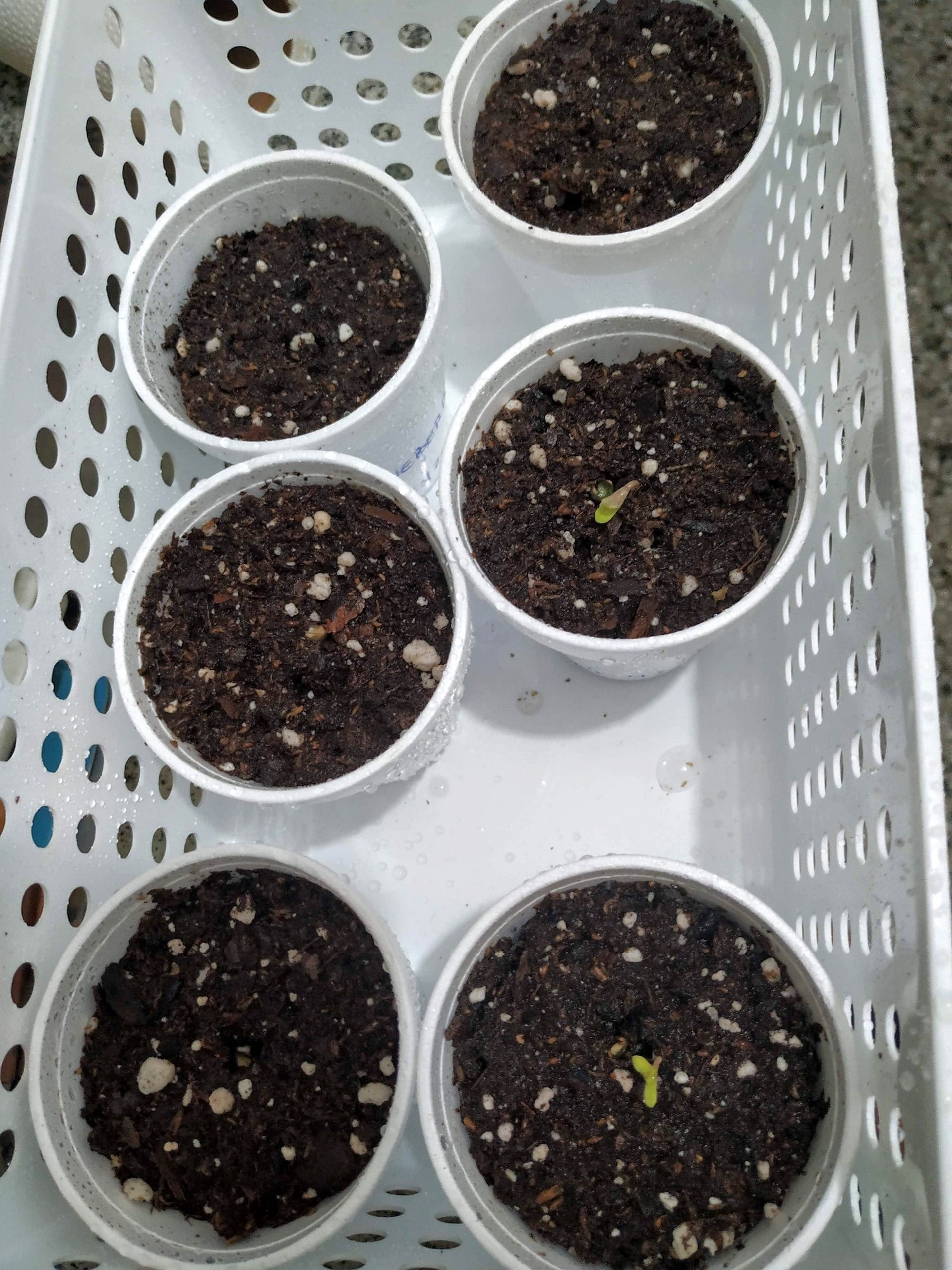Cannabis, a plant with a abundant heritage courting back hundreds of many years, has lately taken centre stage in discussions about biodiversity. As a lot more nations around the world embrace the legalization of hashish, it can be essential to comprehend the impression of cannabis cultivation on biodiversity, particularly by means of the lens of its seeds. In this posting, we are going to explore the intricate marriage in between cannabis seeds and biodiversity, shedding light on the relevance of sustainable tactics in nurturing a various and resilient ecosystem.
The Origins of Hashish and Seed Range:
Cannabis, scientifically regarded as Hashish sativa, is considered to have originated in Central Asia. Around the generations, it has unfold across the globe, adapting to different climates and ecosystems. The plant reveals an astonishing diversity in its genetic make-up, ensuing in a myriad of strains, each individual with its distinctive established of properties.
Cannabis seeds, the foundation of this botanical variety, have the genetic data that determines the plant’s qualities, including its growth patterns, cannabinoid content material, and resistance to pests and conditions. This genetic variety is a important ingredient of biodiversity, contributing to the over-all health and resilience of ecosystems.
Biodiversity Positive aspects of Hashish Cultivation:
Genetic Resilience:
The range of hashish seeds guarantees that some strains are improved suited to particular environmental disorders. This genetic resilience will become particularly critical in the face of weather adjust, as specified strains may verify extra adaptable to shifting weather conditions designs, helping ecosystems endure environmental difficulties.
Pest and Sickness Resistance:
A numerous array of cannabis strains usually means various amounts of resistance to pests and disorders. By cultivating distinctive strains, farmers can reduce the reliance on chemical pesticides and foster a additional well balanced and organic strategy to pest administration. look at here now , in turn, promotes a healthier setting for other flora and fauna inside of the ecosystem.
Soil Well being and Nutrient Biking:
Hashish, when built-in into a assorted crop rotation process, can add to soil wellness and nutrient biking. Certain strains have precise interactions with soil microorganisms, improving the soil’s fertility and all round ecosystem health. This promotes a much more sustainable and regenerative agricultural solution.
Troubles to Cannabis Seed Biodiversity:
Monoculture and Genetic Erosion:
The escalating need for unique cannabis strains has led to monoculture tactics, where by significant spots are dedicated to cultivating a single strain. This monoculture can final result in genetic erosion, wherever the variety within just the cultivated strain diminishes more than time, earning the overall crop much more prone to pests and ailments.
Loss of Indigenous Strains:
As commercial cultivation expands, there is a threat of neglecting or displacing indigenous cannabis strains. These indigenous strains might have exceptional genetic features that are essential for the lengthy-phrase sustainability of neighborhood ecosystems. The reduction of these types of strains could have far-achieving effects on biodiversity and ecosystem security.
Sustainable Procedures for Cannabis Seed Biodiversity:
Crop Rotation and Diversification:
Utilizing crop rotation with other appropriate crops can break the cycle of pests and illnesses certain to hashish. Diversifying cultivation methods allows keep a nutritious balance within just the ecosystem and prevents the overreliance on a solitary pressure.
Seed Banking and Conservation:
Establishing seed banks devoted to preserving a various collection of cannabis seeds is vital for safeguarding genetic assets. Conservation attempts should prioritize native strains, making certain their availability for foreseeable future generations and likely use in restoring ecosystems.
Local community Involvement and Training:
Engaging regional communities in sustainable hashish cultivation techniques is vital. Schooling about the value of biodiversity, seed saving, and sustainable farming approaches empowers farmers to make informed alternatives that gain both their livelihoods and the ecosystem.
Conclusion:
Hashish seeds participate in a pivotal role in keeping and maximizing biodiversity inside ecosystems. As the hashish market carries on to evolve, it is imperative to prioritize sustainable cultivation methods that nurture and protect the genetic range of this amazing plant. By embracing a holistic solution to hashish cultivation, we can not only enjoy the benefits of various strains but also lead to the general health and resilience of our all-natural environment.
